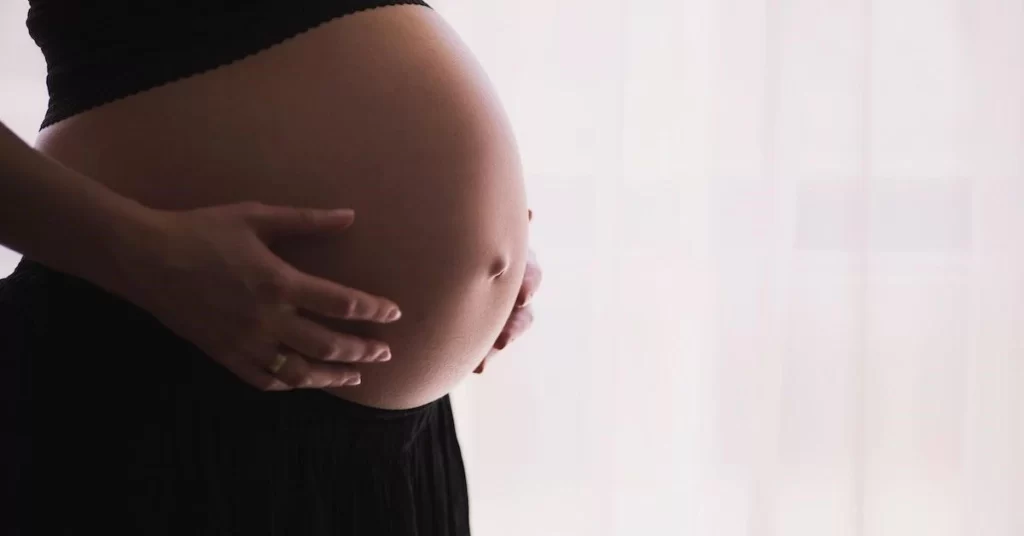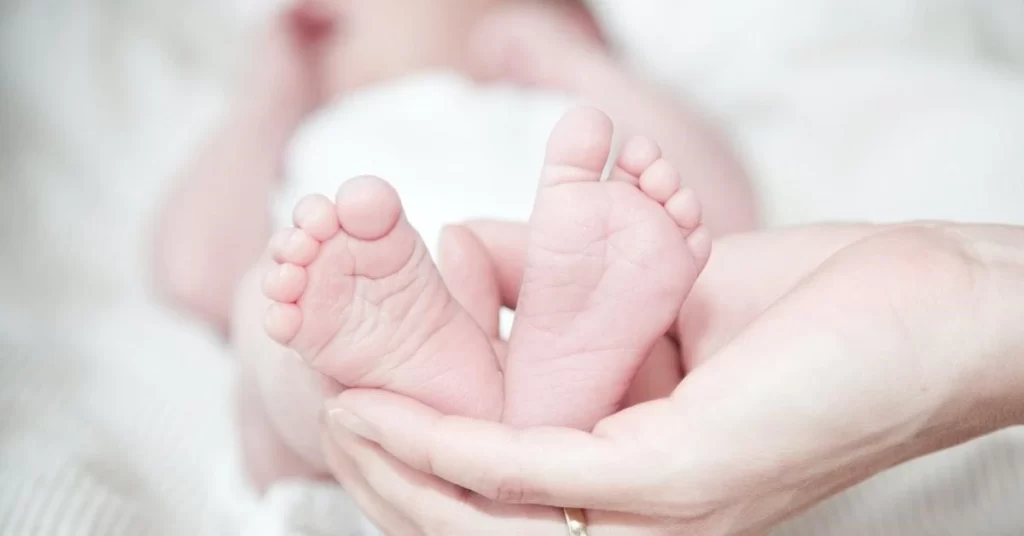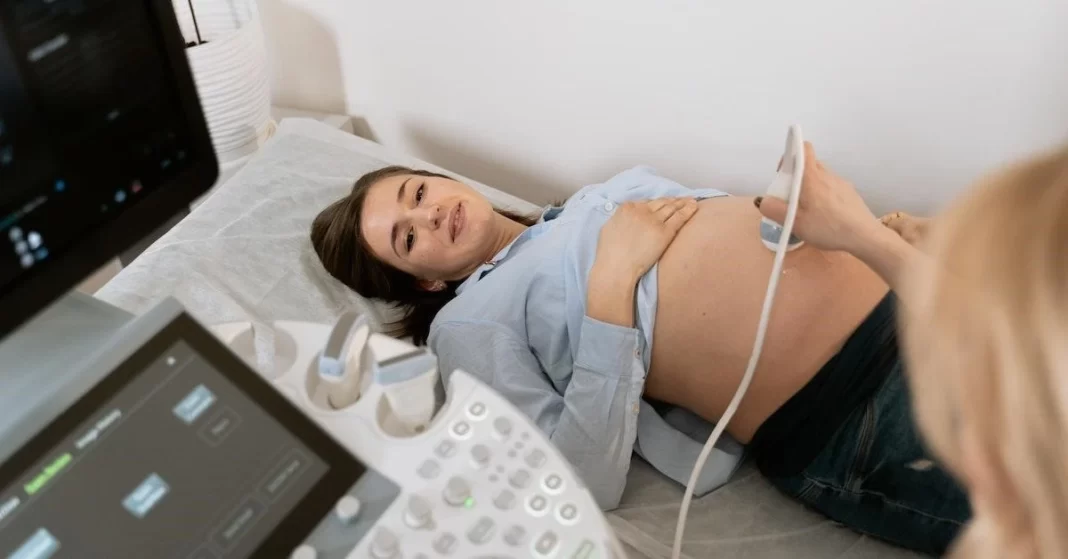So you’re expecting a baby. Congratulations! Researching medical care surrounding pregnancy and childbirth can quickly become overwhelming, even with a smooth and complication-free pregnancy.
There’s a whole team of people who will support you and your family and ensure that your baby enters this world as safely as possible. Here’s a simple Who’s Who of the doctors and specialists you may encounter on your journey into parenthood, and their role in your pregnancy, birth or the care of your baby.
1. General Practitioner
While your GP isn’t specific to prenatal and postnatal care, they will likely be the first person you see during your pregnancy. Their role in your pregnancy and birth will depend on your choices. In any case, your first antenatal appointment will likely involve confirming your pregnancy and your gestation, as well as referring you to specialists.
If you’re planning a pregnancy, you may visit your GP first to get blood work done and discuss any health or genetic issues that could affect your pregnancy and baby. If not, blood tests and health checks can be done after you find out that you are pregnant.
Around 6 weeks after birth, you may visit your GP again so they can check your overall well-being and administer your baby’s 6-week immunisations.
2. Sonographer
A sonographer will perform ultrasounds to check the age, growth, and position of your growing baby as well as check for abnormalities- or the presence of more than one baby! A sonographer will be present for some pretty special moments, including finding out the sex of your baby and hearing their heartbeat.

3. Obstetrician
Obstetricians are doctors who specialise in pregnancy, birth, and postpartum care. You may not have to see one often or indeed at all unless there is cause for concern.
4. Midwife
Midwives are an essential part of pregnancy, providing loving care to new parents and their babies. A midwife may support you during pregnancy and delivery and help you with breastfeeding, new parenthood, and recovery.
5. Doula
While a lot of pregnancy revolves around your little bundle of joy, a doula is there to care for you. Becoming a parent is a massive ordeal and a doula is there to offer physical and emotional support. They are not part of the public health system so it is up to you whether you hire a doula during your pregnancy.
6. Neonatal Nurse
Your baby may require a neonatal nurse after birth. The neonatal period is considered the first few weeks after birth, but a neonatal nurse may continue to be involved in their care. Neonatal nurses tend to work in the NICU (neonatal intensive care unit) where they care for babies with and without complex health issues. Your baby may need to be in the NICU for a simple, short-term complication or for something more serious. This can be a difficult and emotional time, and neonatal nurses are there to support you and your baby.
7. Maternal Health Nurse
A maternal and child health nurse (MCH Nurse) will work with you and your family from the time your baby is born until they are around 3.5 years old. They offer support to new parents, help with things like feeding, sleep problems and contraception, provide information and support, connect you with other new parents to socialise with, monitor the growth and development of your little one and help detect and prevent any potential issues or dangers, refer you to other specialists and support services, and generally prop you up during this overwhelming time. Their presence is priceless, especially for new parents with little support from family and friends.
Other Possible Pregnancy Specialists
While you already know about the main specialists you will encounter, there are others that you might meet briefly and others that you may see only if necessary.
In the hours and days after birth, your baby will receive a number of tests and checks to ensure that there is no underlying condition or health concern. Bloodspot screening, eye tests, hearing checks, vaccinations and shots, and other tests will be performed on your baby. Some of these will be done by an MCH nurse or midwife. Generally, these tests are checking for abnormalities or genetic conditions that otherwise may have gone undetected.
If you choose to breastfeed and things don’t go smoothly, you may see a lactation consultant. If you decide to have an epidural or you need a caesarean section you will also meet an anaesthesiologist during your birth. If you experience postnatal depression, as many new parents do, you may also see a mental health specialist.
As your baby grows, more doctors and specialists will be involved in their care, even if your baby is healthy and developing normally. A pediatrician and dentist will be involved in caring for your child, and you may see an optometrist, nutritionist, allergist, and other specialists, depending on your child. If you or someone in your home is experiencing substance abuse problems or abuse, other specialists may intervene to ensure the safety of you and your baby.

Things to Remember
While these doctors and specialists are there to help you, remember that your body and your pregnancy are yours. You make the choices; public or private health system, pain relief or no pain relief, breastfeeding or formula, and other choices. Midwives and maternal health nurses will provide you with the necessary information on how to best keep your baby safe and you can use this information to make the ideal decision for you and your baby. As long as your baby is safe and satisfied, there is no wrong choice!
It’s important to have a positive relationship with your care providers, and there is no harm in choosing a different doctor or specialist if your previous one made you feel uncomfortable or unsafe. Explore all your options and go with the prenatal and postnatal care that is physically, emotionally, and culturally right for you and your baby.
You may also curate a support system of non-medical helpers. Family and friends (as well as an optional doula) who make you feel loved and supported are invaluable, as well as a partner if this applies to you. Now is the time to be selfish for yourself and your child and eliminate anyone who compromises the well-being of you and your little one. Everyone deserves to recover from the massive ideal of birth in a safe and happy place where recovering and bonding with your baby is a top priority- and your baby deserves to ease into the world knowing they are loved and safe with those who are caring for them.

